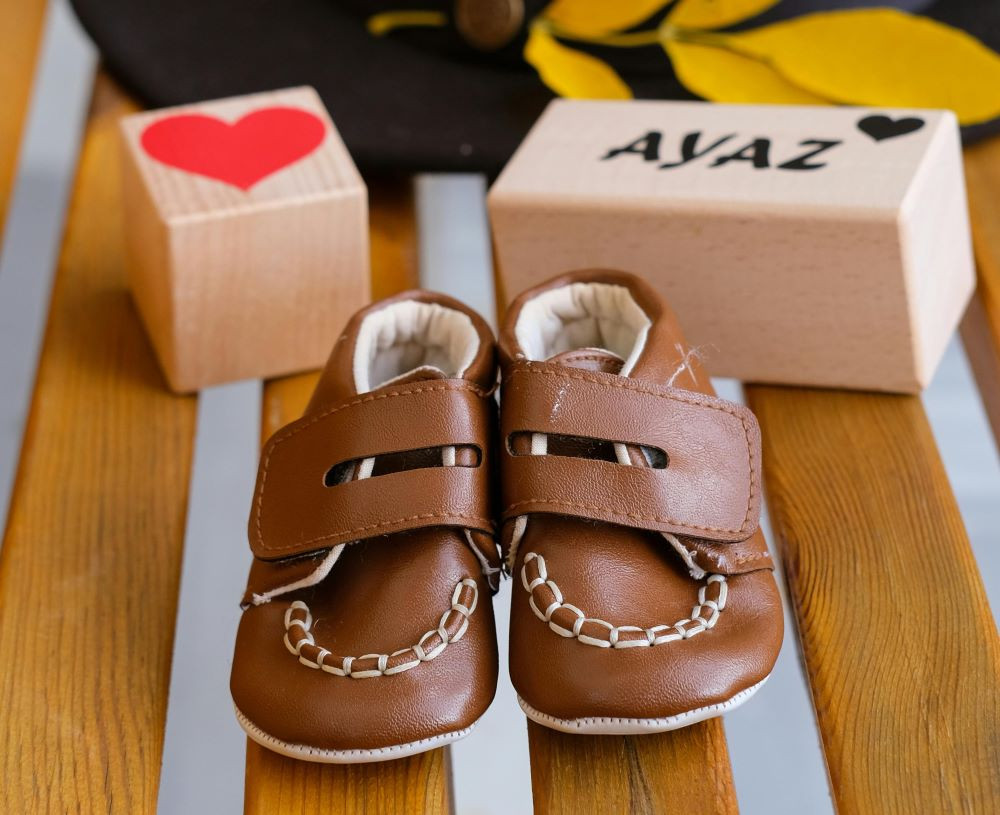
In a world where identities are as diverse as they are significant, the name we choose for our child says a great deal about who we are and the values we hold dear. In Pakistan, a country deeply rooted in cultural, religious, and social traditions, naming a child has always been a deeply meaningful act. But in today’s globalized world, these choices are becoming more complex, blending traditional influences with modern aspirations.
Traditionally, names derived from the Quran, particularly those of Prophets such as Muhammad, Yousaf, and Musa, or historical Islamic figures, have long been favored by Pakistani parents. However, in recent years, this trend appears to be shifting. While some argue that a decline in religiosity explains the change, others suggest it reflects a desire for individuality. Aysha Imtiaz, writing for the BBC, notes that parents are increasingly opting for names like Azaan or Ayat—religious yet distinctive—over the more traditional Muhammad or Fatima. It’s not about abandoning faith but redefining it through a lens of uniqueness.
For many, naming a child is also a decision shaped by the future they envision for themselves. The prospect of migration is also shaping naming practices. As more Pakistani families plan to relocate abroad, the cultural and religious associations of traditional names like Muhammad or Ali are increasingly seen as potential barriers to social integration, especially in the context of rising racism and Islamophobia. Therefore, some parents feel compelled to choose names that might help their child navigate a more inclusive path. Names that are neutral or easier to pronounce, like Inaya or Aayan, are growing in popularity. It’s a choice made with practical considerations in mind, especially for those who foresee migrating abroad.
Yet, there are exceptions to this trend. One Pakistani father shared that the prospect of migration would not influence his choice of name. Instead, he expressed that he would rather relocate than alter his child’s name, underscoring the importance of identity and cultural pride over concerns about fitting in. This perspective highlights the complex balance parents must navigate between protecting their cultural heritage and preparing their children for a more globalized world.
In Pakistan’s increasingly media-driven society, names are also being influenced by popular culture. Turkish dramas, which have captured the hearts of millions in Pakistan, are inspiring parents to name their children after characters like Ahmet, Elif, or Ezra. As one interviewee put it, “People these days are inspired by characters from their favourite books or TV shows, like Ertugrul, and are naming their children after them.” Similarly, iconic characters from popular Urdu novels like Salar and Haya have found a lasting place in Pakistani naming trends. This shift reflects the power of media to shape cultural and social preferences, with younger generations particularly embracing names inspired by foreign television and books.
Yet, despite this push toward individuality, the collective values of Pakistani society remain. For some, family opinions still carry significant weight in the decision-making process. One father, 56, shared that he named his child based on his father’s suggestion, valuing traditional family dynamics over personal preference. Another parent recounted how the name of her second daughter was chosen to honor her deceased first child—a deeply emotional decision shaped by collective cultural values.
This duality—between individuality and collectivism—is perhaps the defining feature of naming practices in contemporary Pakistan. On the one hand, rising literacy rates, smaller family units, and increasing socio-economic mobility have encouraged parents to seek unique, status-reflective names. On the other, cultural and familial ties continue to act as a counterbalance, ensuring that the essence of tradition isn’t lost in the quest for modernity.
In the end, naming a child is about more than just picking a word—it’s a statement of identity, faith, aspirations, and values. While today’s parents in Pakistan may be breaking away from some conventions, they are not necessarily rejecting their roots. Instead, they are carving out new paths that blend tradition with the demands and opportunities of a globalized world.



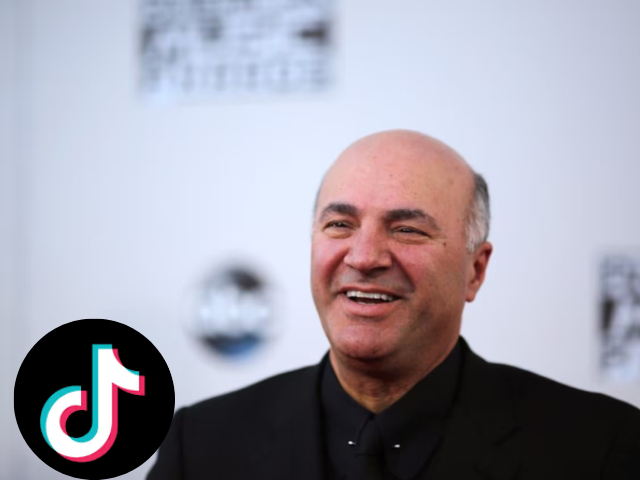


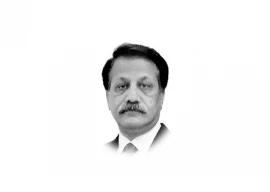


1735905838-0/Express-Tribune-(8)1735905838-0-270x192.webp)
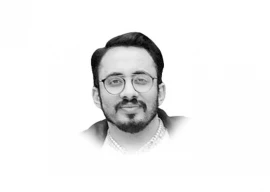
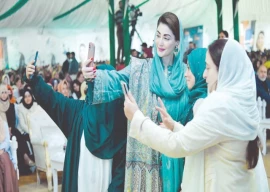
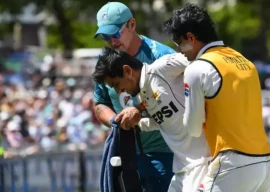
1732012115-0/Untitled-design-(14)1732012115-0-270x192.webp)

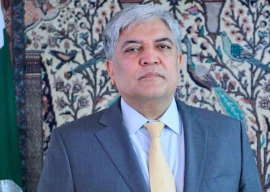
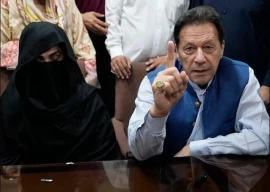






COMMENTS
Comments are moderated and generally will be posted if they are on-topic and not abusive.
For more information, please see our Comments FAQ